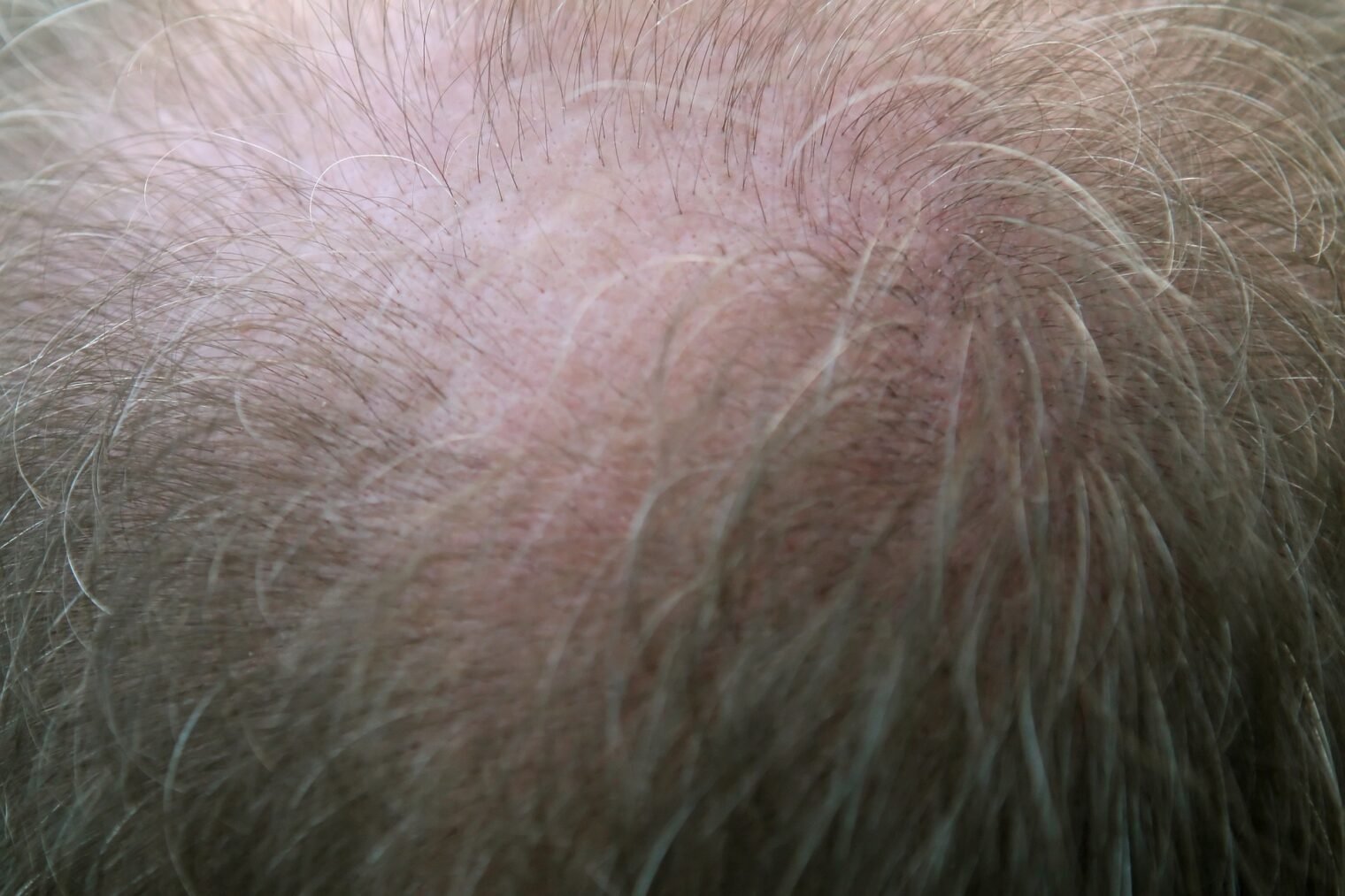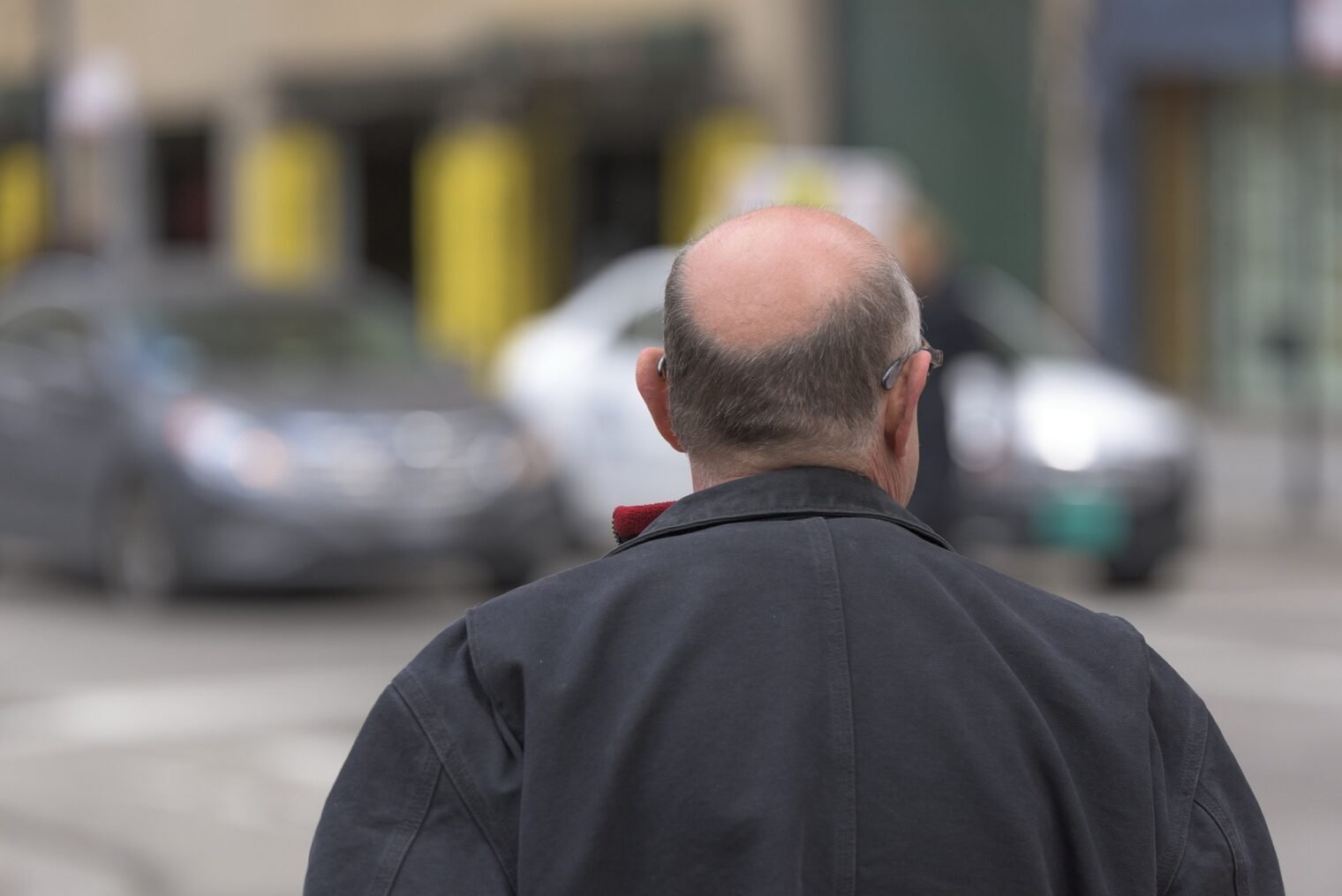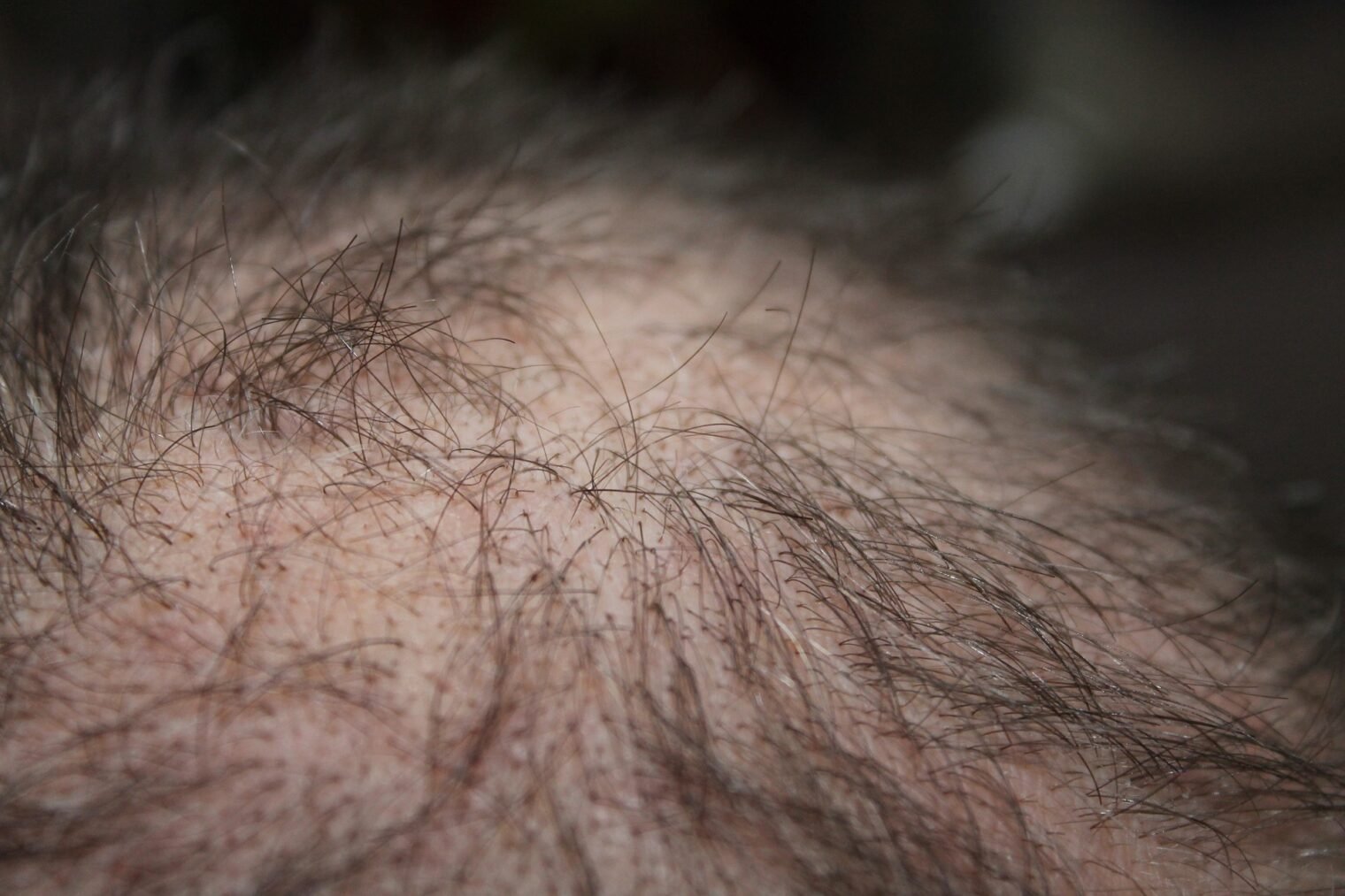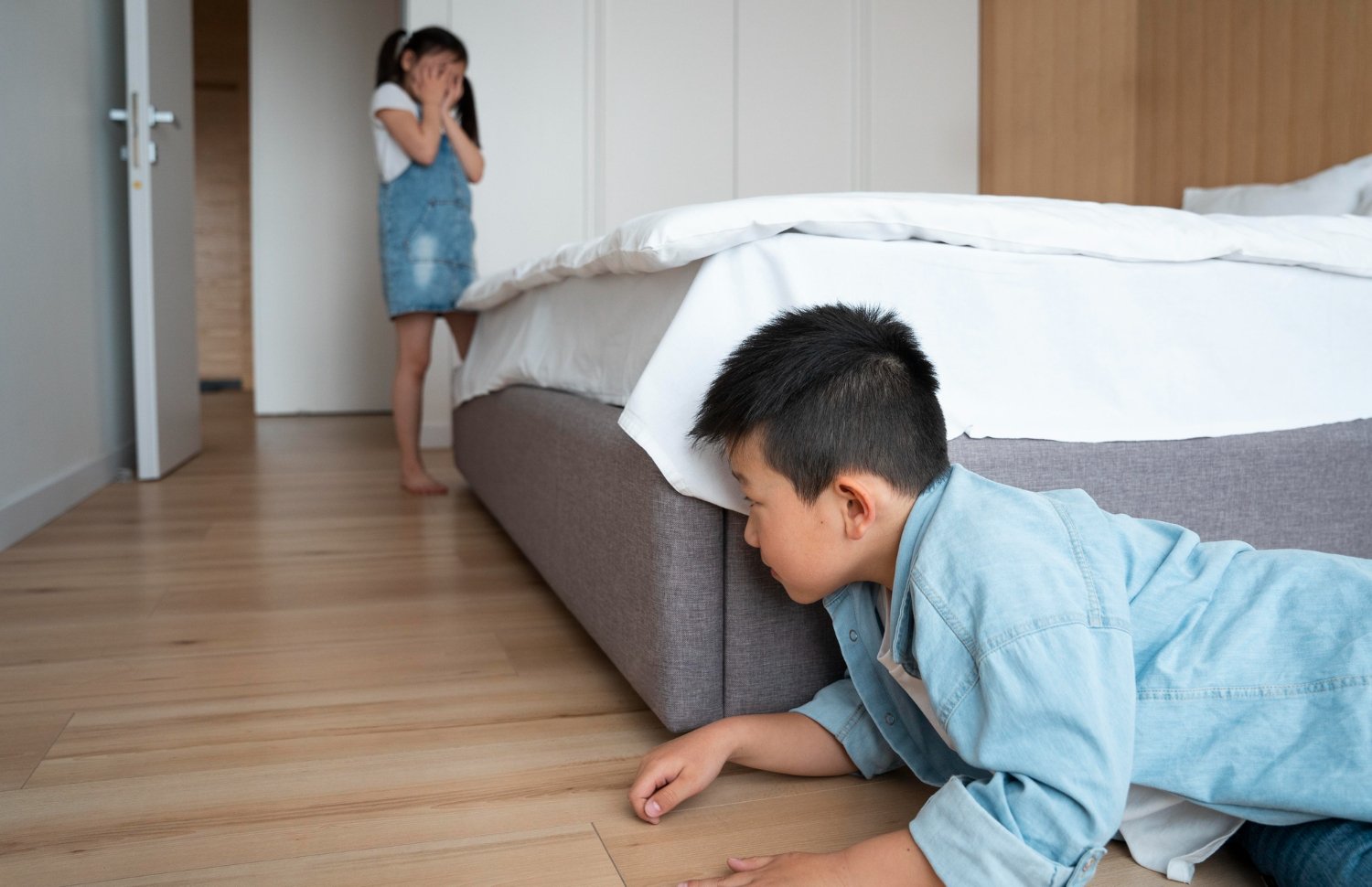Hair loss solutions for men are the Holy Grail for male healthcare. Hair loss is a common problem many men face today. It may lower confidence and cause worry. Yet, many do not know how to tackle this issue effectively. Hair loss happens for various reasons, including genetics, lifestyle choices, and health conditions.
This guide offers insight into the different kinds of male hair loss and discusses both medical treatments and natural ways to deal with the problem. From understanding how your diet affects your hair to exploring advanced treatments like transplants, we cover all bases to help you find solutions that work.
Keep reading for helpful advice on regaining control over your hair health. Check out these informative hair loss solutions for men in 2024.
Understanding Male Hair Loss
Understanding male hair loss involves recognising the various types and causes such as male pattern baldness, alopecia areata, telogen effluvium, and traction alopecia. Factors including hormones, genetics, health conditions, and lifestyle contribute to the complexity of male hair loss.
Types of hair loss (male pattern, alopecia areata, telogen effluvium, traction alopecia)
Male pattern baldness, also known as androgenetic alopecia, stands as the most common form of hair loss in men. It usually follows a pattern of receding hairline and hair thinning on the crown, often leading to complete baldness.
The main culprit behind this condition is genetics combined with hormones.
Alopecia areata presents differently; it causes patches of baldness that can appear anywhere on the scalp suddenly. This type occurs when the immune system mistakenly attacks hair follicles.
Telogen effluvium triggers widespread thinning, not just on the scalp but across the body, often due to stress or illness causing many hairs to enter the resting phase simultaneously.
Lastly, traction alopecia results from pulling hair too tightly over long periods, damaging follicles permanently and leading to localised hair loss usually around the forehead or temples. These are the type of hair loss solutions for men that you need in your life.
Causes of hair loss (hormones, genetics, health conditions, lifestyle)
While genetics play a significant role in male hair loss, hormonal imbalances can also trigger the shedding of hair. Health conditions such as thyroid disorders and autoimmune diseases can lead to hair thinning or balding.
Additionally, lifestyle factors like stress, poor nutrition, and certain medications may contribute to the onset of hair loss.
Medical Treatments: Hair Loss Solutions for Men
Medical treatments for male hair loss include medications like minoxidil and finasteride, as well as hair transplant surgery and laser therapy. Lifestyle changes such as improved nutrition and smoking cessation are also effective in treating male hair loss.
Medications (minoxidil, finasteride)
Minoxidil and finasteride are commonly used medications for male hair loss. Minoxidil, available as a topical solution or foam, promotes hair growth by increasing blood flow to the scalp.
Finasteride, an oral medication, works by reducing dihydrotestosterone (DHT) levels in the scalp, which helps to slow down hair loss and promote regrowth. Both medications have been shown to be effective in addressing male pattern baldness when used consistently.
These treatments work by stimulating hair follicles and blocking specific hormones responsible for hair thinning and loss. Minoxidil and finasteride play a pivotal role in preventing further hair loss and promoting new growth for men dealing with balding or receding hairlines. Hair loss solutions for men like these are changing the way men think.
Hair transplant surgery
Hair transplant surgery involves the transfer of healthy hair follicles from one part of the scalp to areas experiencing thinning or balding. The procedure is typically conducted under local anaesthesia and may take several hours, depending on the extent of hair loss.
Surgeons use either Follicular Unit Transplantation (FUT) or Follicular Unit Extraction (FUE) techniques to extract and implant individual hair follicles for a natural-looking result.
This method results in permanent hair growth and can significantly improve the appearance of thinning or receding hairlines. It’s important to consult with a qualified professional for personalised advice regarding this procedure before making any decisions about treatment options.
Laser therapy
Laser therapy involves using low-level lasers to stimulate hair follicles and promote hair growth. The process is painless and non-invasive, with no known side effects, making it a popular choice for those seeking non-surgical options.
The laser light penetrates the scalp, increasing blood flow to the hair follicles and encouraging cellular activity. This can result in stronger, healthier hair and potentially slow down or even reverse hair loss.
The treatment typically requires multiple sessions over several months to achieve optimal results. While individual outcomes may vary, many people experience noticeable improvements in the thickness and density of their hair.

Non-Surgical Solutions
Non-surgical solutions for male hair loss include lifestyle adjustments, such as dietary changes and quitting smoking, as well as natural remedies and treatments for scalp psoriasis.
These approaches offer alternative methods to address hair loss without the need for medical intervention.
Lifestyle changes (nutrition, smoking cessation)
Making lifestyle changes such as improving nutrition and quitting smoking can positively impact hair health. A balanced diet rich in essential nutrients like vitamins, minerals, and proteins supports healthy hair growth.
Foods like eggs, nuts, leafy greens, and lean meats contribute to the strength and vitality of hair. Furthermore, smoking cessation promotes better blood circulation to the scalp, which is vital for healthy follicles and hair growth.
By incorporating these lifestyle changes into daily routines, individuals can support their overall health while nurturing their hair from within.
Additionally taking steps to improve nutrition through a well-balanced diet and quitting smoking can directly benefit both general health and promote optimal conditions for healthy hair growth.
Home remedies
Home remedies can be an effective way to address male hair loss. Massage your scalp with essential oils like rosemary or peppermint to stimulate hair growth and improve circulation.
Applying a mixture of onion juice and honey can also nourish the follicles and promote regrowth. Aloe vera has soothing properties that may help reduce inflammation on the scalp, while green tea can inhibit the activity of DHT, a hormone associated with hair loss.
In addition, you could try using natural supplements such as saw palmetto extract or ginseng to support overall scalp health and combat hair thinning. Making dietary adjustments by incorporating more protein-rich foods and increasing your intake of vitamins A, C, and E may also contribute to healthier hair.
Scalp psoriasis and hair loss
Scalp psoriasis can lead to hair loss in both men and women. The condition occurs when the immune system triggers skin cell production at an accelerated rate, resulting in red, scaly patches on the scalp.
These patches can cause hair follicles to become weakened and may ultimately lead to temporary hair loss. It is crucial to seek medical advice for proper diagnosis and treatment of scalp psoriasis to minimise its impact on hair health.
It’s essential for individuals experiencing scalp psoriasis-related hair loss to consult a dermatologist or healthcare professional for personalised treatment options that may include medicated shampoos, topical treatments, oral medications, or light therapy.
Coping with Hair Loss
Coping with hair loss involves acknowledging and addressing the emotional impact it may have, seeking support and resources, as well as taking proactive measures to maintain the remaining hair.
Read more about coping strategies for male hair loss.
Emotional impact
Dealing with hair loss can evoke a range of emotions, including frustration and low self-esteem. It’s normal to feel distressed when experiencing changes in appearance, affecting confidence and body image.
Many men find it challenging to adjust to this change, leading to feelings of anxiety and even depression. Seeking support from friends, family, or a professional can be instrumental in coping with the emotional impact of hair loss.
Support networks play an essential role in helping individuals navigate the emotional complexities associated with hair loss. Engaging with like-minded individuals through support groups or seeking guidance from mental health professionals can assist in managing the psychological effects that come with thinning hair or balding. Knowing reliable hair loss solutions for men can make men more confident about the future.
Support and resources
Finding support and resources can significantly aid in coping with male hair loss. Seeking the guidance of a trichologist or dermatologist can provide expert advice on personalised treatment plans while joining support groups can offer emotional support and practical tips for managing hair loss.
Additionally, exploring online forums and communities focused on hair loss can provide a sense of community and valuable insights into various treatments and coping strategies.
Proactive measures to maintain remaining hair
Maintaining remaining hair calls for a balanced diet rich in essential nutrients like iron, zinc, and protein to promote healthy growth. Using gentle shampoos and avoiding vigorous towel-drying can help prevent further damage.
Regular scalp massages with nourishing oils improve blood circulation, which promotes hair health.
To complement these measures, consider incorporating MHRA-approved hair regrowth products into your routine. These non-invasive treatments are designed to enhance follicle vitality and support healthy hair growth.
By adopting these proactive steps, you can promote the maintenance of your remaining hair while working towards a fuller head of locks.
Hair Loss Solutions for Men in 2024
You can’t beat having a bunch of hair loss solutions for men. Male hair loss can stem from various causes including genetics, hormones, and health conditions. Medications like minoxidil and finasteride, as well as hair transplant surgery and laser therapy, offer effective medical treatments for male hair loss.
Non-surgical solutions such as lifestyle changes and home remedies also play a vital role in combating hair loss. Emphasising the emotional impact of hair loss underlines the importance of addressing this issue with proactive measures to maintain remaining hair. These are hair loss solutions for men that you need to know about.
For more information on coping with male hair loss or additional resources, explore further reading materials or seek support services for continued engagement beyond this guide. Taking practical steps towards managing and preventing male hair loss is within reach through these comprehensive strategies. This is why hair loss solutions for men are so important.















